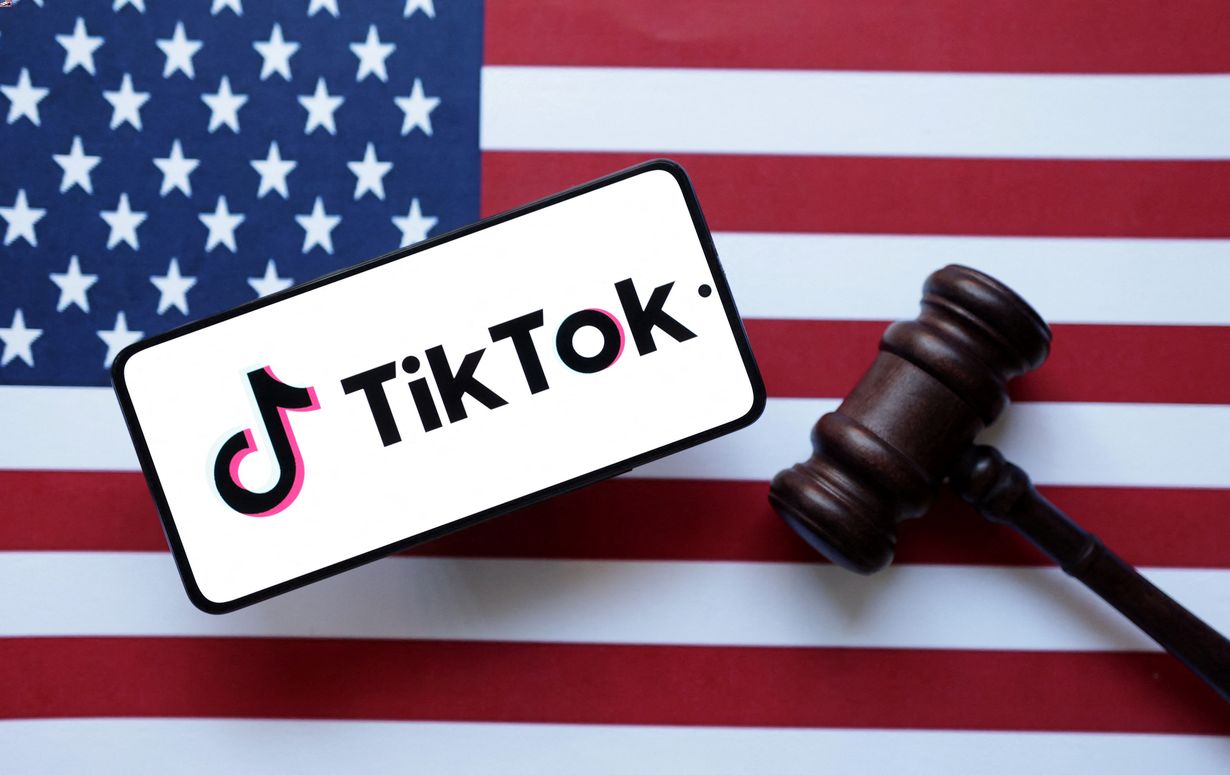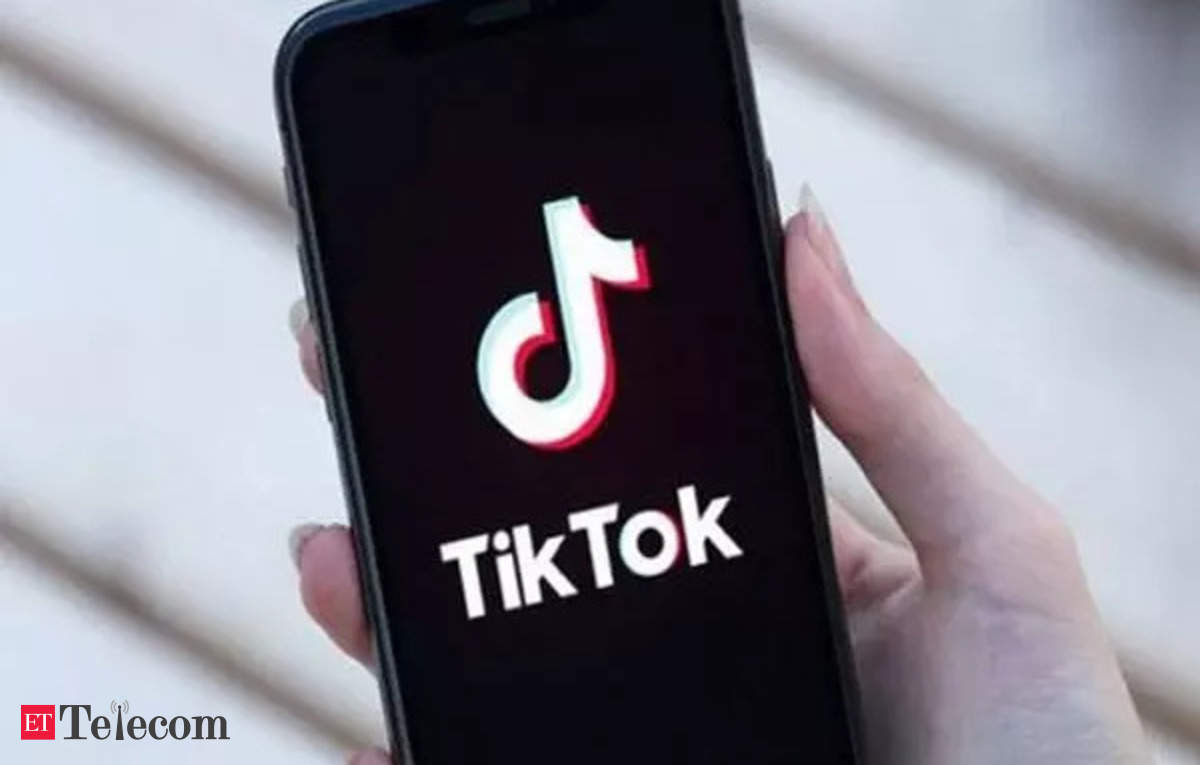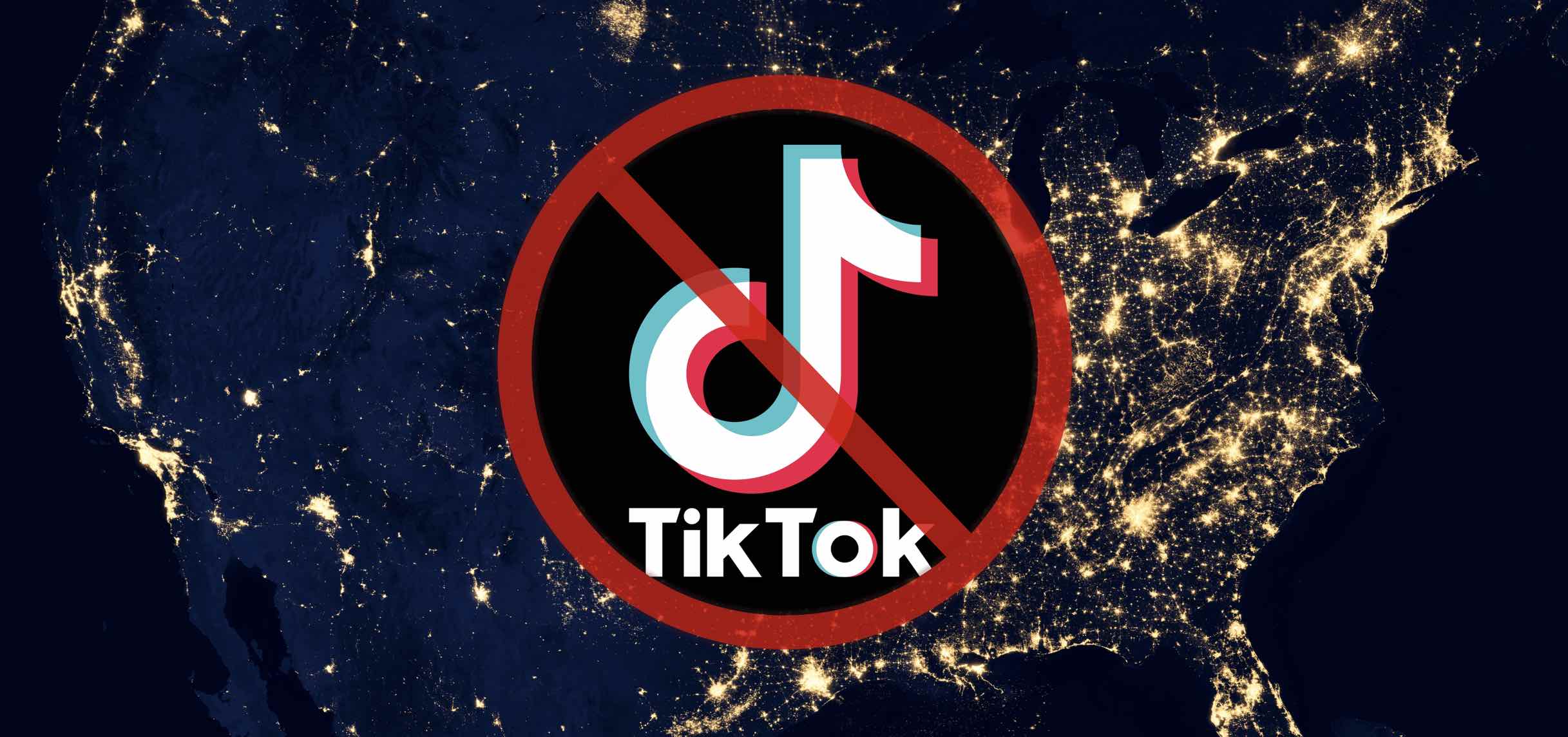The TikTok Dilemma: Uncovering the Reasons Behind the Call to Ban the Popular Short-Form Video App
The rise of TikTok has been nothing short of meteoric, with the app boasting over a billion active users worldwide. However, in recent times, concerns have been growing about the app's impact on society, particularly among parents, educators, and lawmakers. The debate surrounding the app's continued existence has reached a fever pitch, with some advocating for a ban, while others argue that the benefits of the app outweigh the risks. In this article, we will delve into the reasons behind the controversy, exploring the concerns about data collection, user safety, and the spread of misinformation.
The app's algorithm, which is designed to learn users' preferences and serve them content that is likely to engage them, has been cited as a major concern. By collecting vast amounts of user data, including browsing history, search queries, and even location information, TikTok is able to create a highly personalized experience for each user. However, this level of data collection raises serious concerns about user privacy, particularly among minors. The app's data collection practices have been compared to those of other social media platforms, such as Facebook and Instagram, which have faced similar criticisms.
The Rise of TikTok: A Brief History
TikTok's journey to becoming one of the world's most popular social media platforms began in China, where it was launched under the name Douyin. The app quickly gained popularity among Chinese users, thanks to its creative and entertaining content. In 2016, ByteDance, the company behind TikTok, acquired Musical.ly, a social media app that was popular among teenagers. The app was rebranded as TikTok and launched globally, where it quickly gained a massive following.
Concerns About Data Collection
One of the primary concerns surrounding TikTok is its data collection practices. The app is able to collect vast amounts of user data, including:
• Browsing history
• Search queries
• Location information
• Device information
• User behavior
This data is used to create a highly personalized experience for each user, but it also raises serious concerns about user privacy. The app's data collection practices have been compared to those of other social media platforms, which have faced similar criticisms.
The Impact of Data Collection on Users
The impact of TikTok's data collection practices on users is a topic of much debate. Some argue that the app's algorithm is able to create a highly engaging experience for users, while others are concerned about the potential risks. The app's data collection practices have been linked to a number of concerns, including:
• Spread of misinformation: The app's algorithm is designed to serve users content that is likely to engage them, which can lead to the spread of misinformation.
• Cyberbullying: The app's comment section has been criticized for being a breeding ground for cyberbullying and harassment.
• Mental health concerns: The app's constant stream of content has been linked to mental health concerns, including anxiety and depression.
Concerns About User Safety
TikTok has faced criticism for its approach to user safety, particularly among minors. The app's comment section has been criticized for being a breeding ground for cyberbullying and harassment, and the app's algorithm has been linked to the spread of misinformation. Additionally, the app's lack of moderation has led to concerns about explicit content and bullying.
The App's Moderation Practices
TikTok's moderation practices have been criticized for being inadequate. The app's algorithm is designed to learn users' preferences and serve them content that is likely to engage them, which can lead to the spread of explicit content and bullying. The app's moderators are limited in their ability to monitor the content on the app, and the app's lack of transparency has led to concerns about the effectiveness of its moderation practices.
Concerns About the Spread of Misinformation
TikTok has faced criticism for its role in the spread of misinformation. The app's algorithm is designed to serve users content that is likely to engage them, which can lead to the spread of false or misleading information. The app's comment section has been criticized for being a breeding ground for misinformation, and the app's lack of moderation has led to concerns about the spread of false or misleading information.
The Impact of Misinformation on Users
The impact of misinformation on users is a topic of much debate. Some argue that the app's algorithm is able to create a highly engaging experience for users, while others are concerned about the potential risks. The spread of misinformation on TikTok has been linked to a number of concerns, including:
• Election interference: The app's role in the spread of misinformation has been linked to election interference in several countries.
• Public health concerns: The app's spread of false or misleading information about public health has been linked to a number of concerns, including the COVID-19 pandemic.
• Financial losses: The app's spread of false or misleading information about financial products has been linked to a number of financial losses.
Conclusion
The controversy surrounding TikTok is complex and multifaceted. While the app has brought many benefits, including a platform for creativity and self-expression, it also raises serious concerns about user safety, data collection, and the spread of misinformation. As the app continues to grow in popularity, it is essential that policymakers, educators, and parents are aware of the potential risks and take steps to mitigate them.
Uday Chopra
Maureen Bates
Mary Marquardt
Article Recommendations
- Ingrid Harbaugh
- Kessinger Nichol
- How Tall Iarleyhimkus
- Simon Cowell Funeral
- John Pinette
- Paige Bueckers
- Brandon Biggs
- Kaitlan Collins Relationships
- Nina Aouilk Parents
- Alisha Newton



